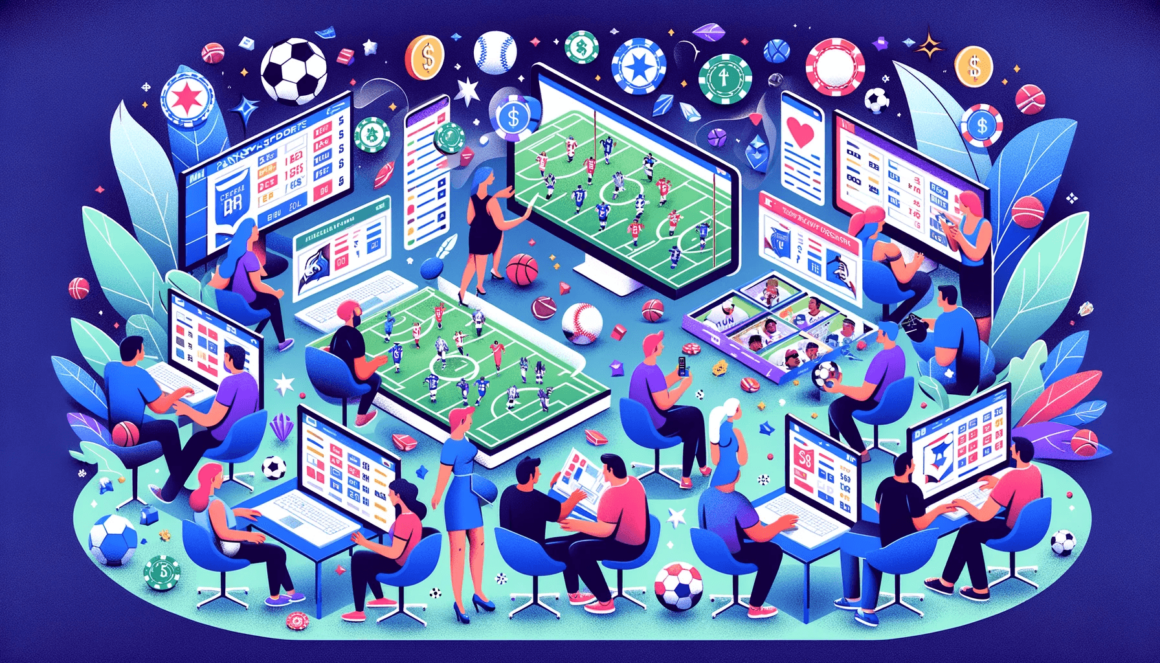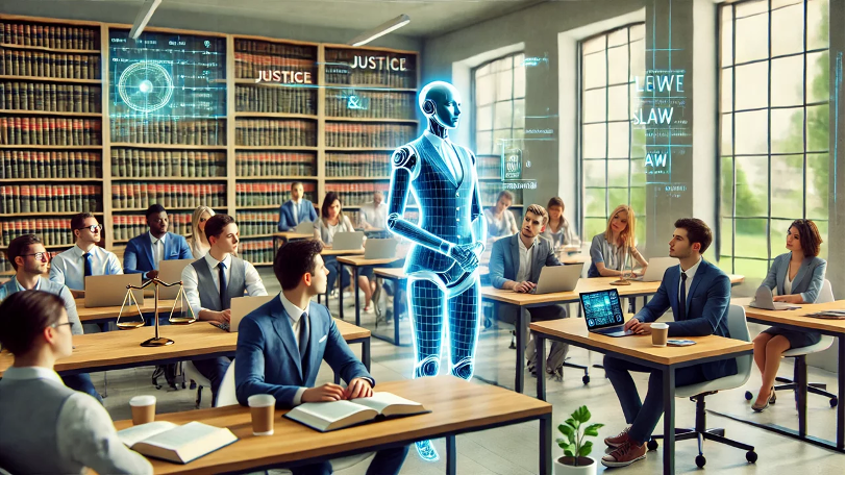Is Time Up for TikTok?
By: Rebecca Herzog

With over 170 million U.S. users, TikTok has a chokehold on the American public.[1] Although the popular social media platform has had immense success, it has also faced years of controversy and criticism in the United States. The U.S. government has fought across presidential administrations to either ban or force the sale of the app to an American company. This post examines the use of an executive order to force a sale and what such an order might mean for the future of TikTok and U.S. government compliance.








 The EU AI Act: Pioneering Regulatory Framework for Artificial Intelligence
The EU AI Act: Pioneering Regulatory Framework for Artificial Intelligence